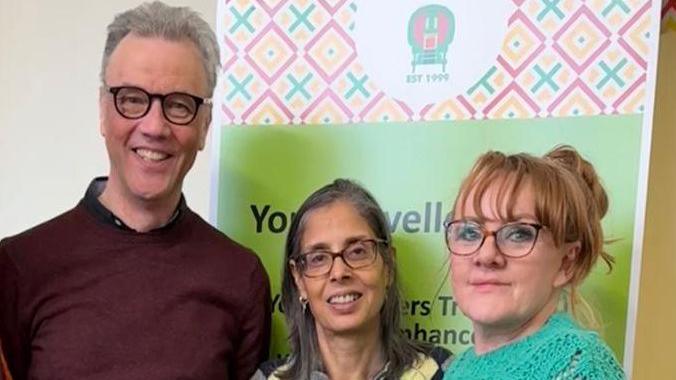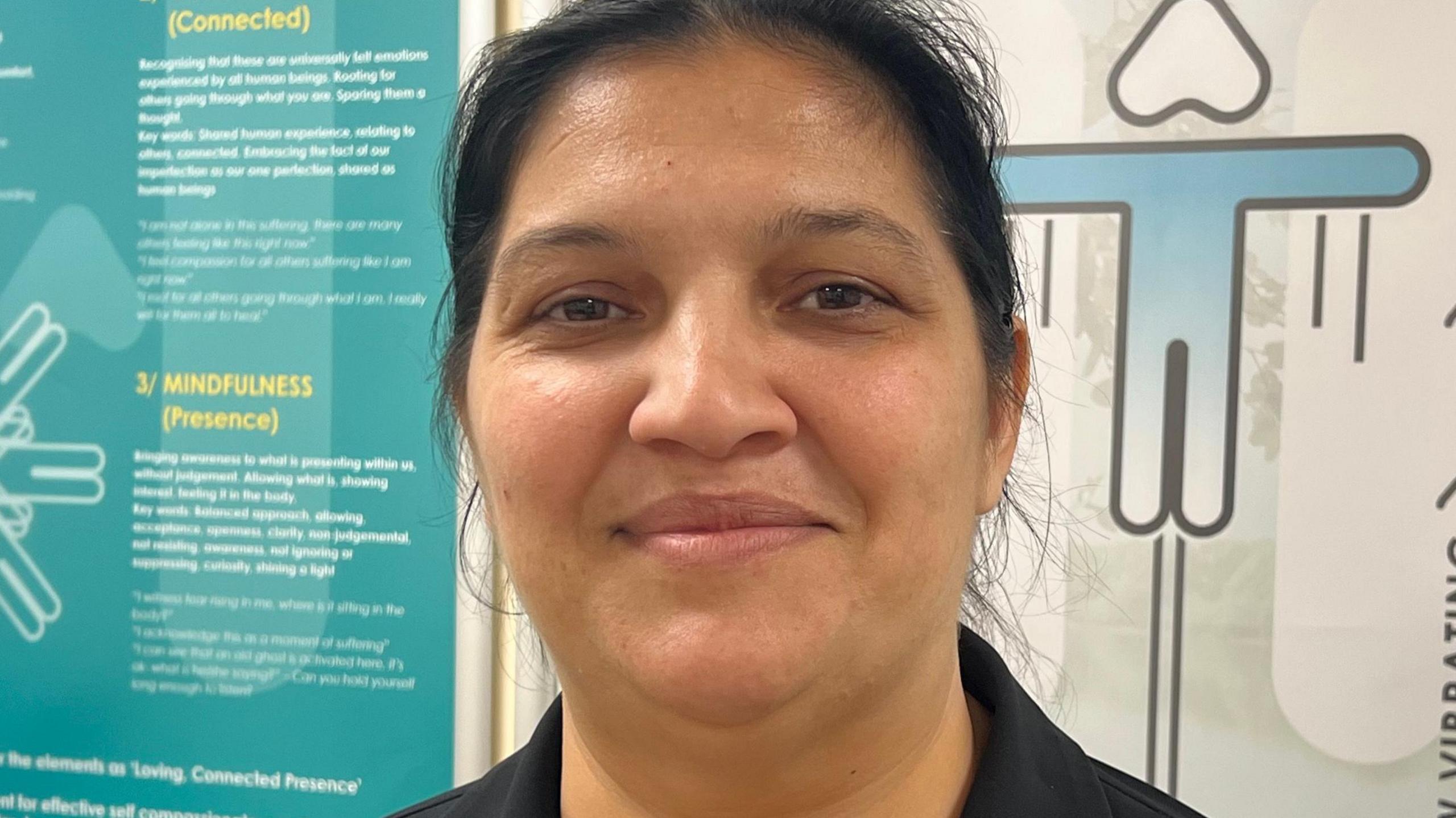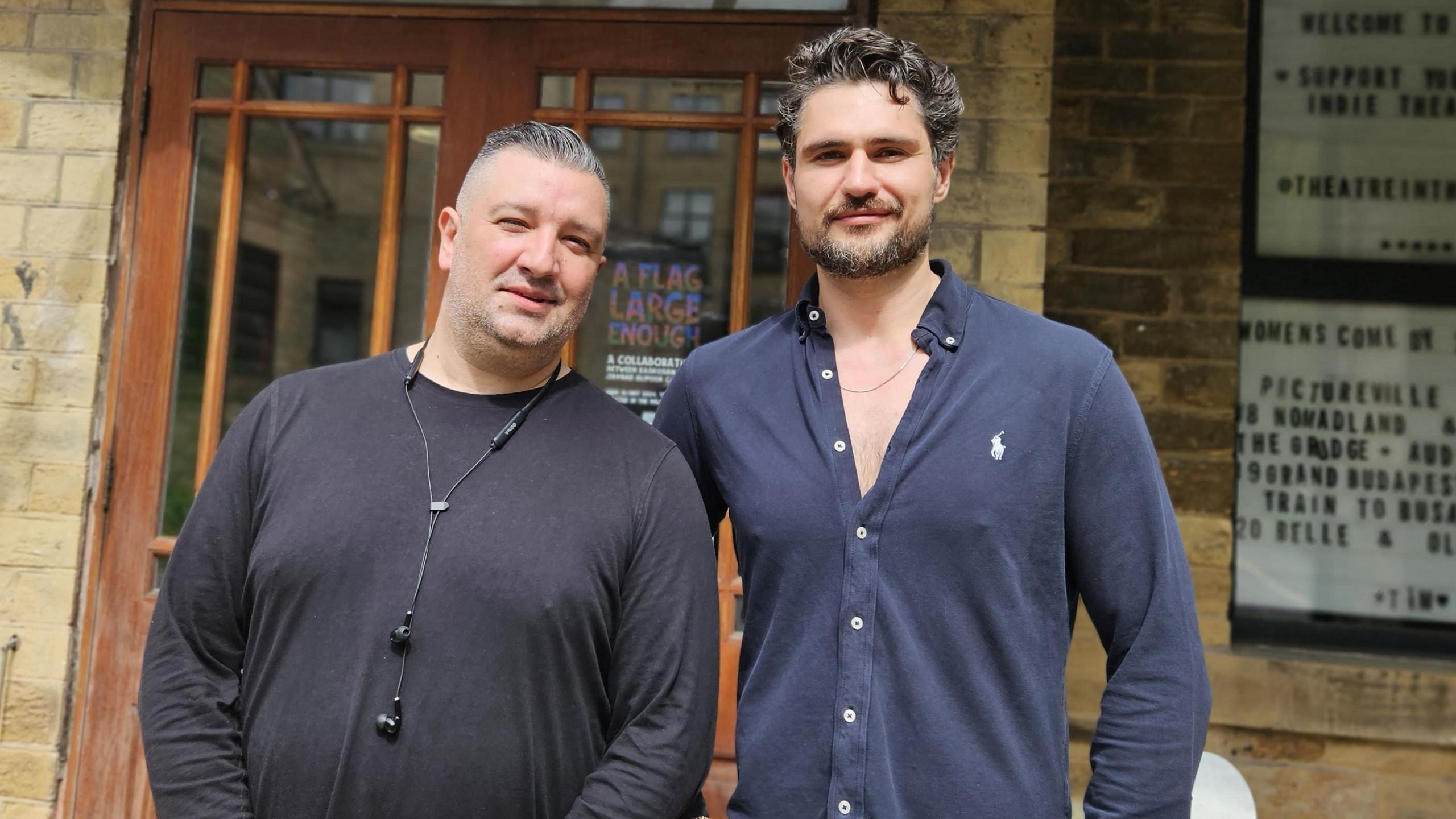Health study focuses on Gypsy and Roma communities

The study is funded by Yorkshire Cancer Research and led by the University of York
- Published
Gypsy, traveller and Roma communities have been invited to share their cancer experiences as part of research to address "deep-rooted" health inequalities.
Cancer is more likely to be diagnosed later for members of these communities and they are less likely to participate in screenings, Yorkshire Cancer Research has said.
The study, funded by the charity and led by the University of York, will work with healthcare providers and partners to improve communication and trust.
Violet Cannon, chief executive at York Travellers Trust, said the project would help to "bridge the cavern" between communities and medical professionals.
"In many communities, the word cancer is spoken only in whispers," she said.
"Sadly, for Gypsy and traveller people, it is often not spoken at all.
"Too often it is seen not as an illness that can be treated, but as a death sentence."
Previous experiences of being ignored or dismissed often prevented people from seeking medical advice, she added.
Traveller communities can also be disproportionately impacted by cancer risk factors such as smoking, alcohol, poor nutrition and environmental pollutants, according to Yorkshire Cancer Research.

Prof Karl Atkin, Dr Sangeeta Chattoo, senior research fellow and Violet Cannon of York Travellers Trust
Dr Sangeeta Chattoo, senior research fellow at the University of York said that "a long history of neglect" had reinforced a taboo on cancer with the communities.
"Poor understanding of risk factors and symptoms of cancer, coupled with limited access to culturally appropriate screening services results in delays in diagnosis, leaving healthcare agencies ill-equipped to respond," she said.
The research will involve a health survey, along with focus groups and interviews with individuals and families affected by cancer.
Toolkits for community members and healthcare professionals will then be developed.
'A fresh slate'
Dr Stuart Griffiths, director of research, policy and impact at Yorkshire Cancer Research, said gypsy communities had "not been well-served by research and services."
The project aimed to develop tools and support systems to help the communities engage with healthcare in a way that works for them, he said.
York Travellers Trust, Leeds GATE and Care for Young People's Future are amongst the partners participating in the project.
Ms Cannon said she hoped the survey results would allow them to gain "a rich understanding of what's happening on the ground".
"Only then can we start unpicking that and find active solutions for people to get early diagnosis, better treatment and take the word cancer from a death sentence to just another illness," she added.
"This is about a fresh slate - this is what we know, this is how bad it is, and this is how we make it better.
"It's about coming together - Gypsy, Roma and traveller people, healthcare professionals and partners - and being collaborative."
Get in touch
Tell us which stories we should cover in Yorkshire
Listen to highlights from North Yorkshire on BBC Sounds, catch up with the latest episode of Look North.
Related topics
- Published16 June

- Published16 May 2024
